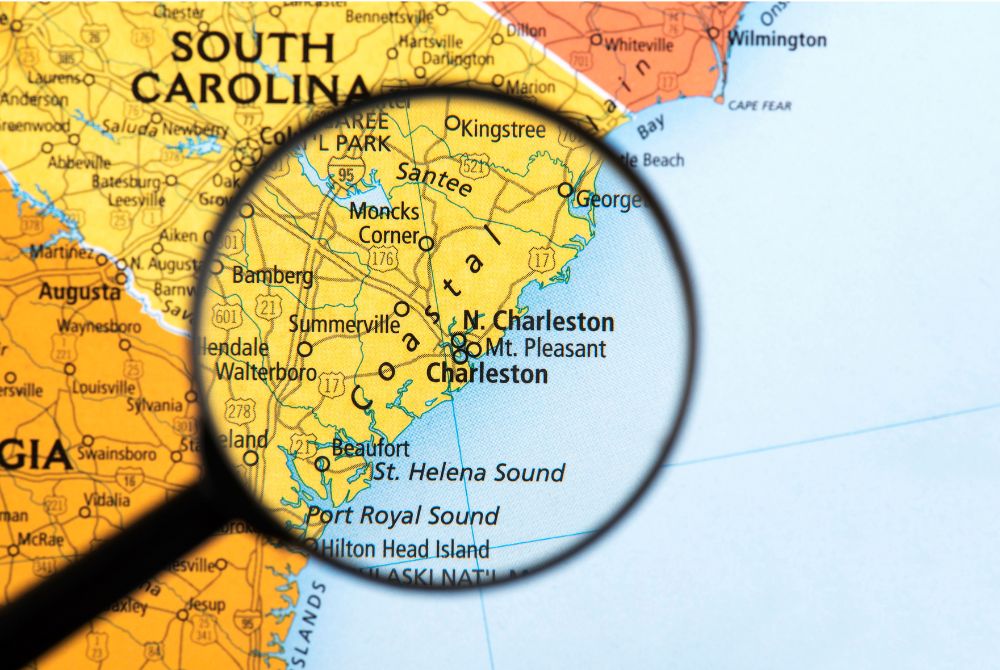I have posted about anti-SLAPP laws. SLAPP stands for Strategic Lawsuits Against Public Participation.
Often brought by public figures or organizations with greater power and resources, anti-SLAPP lawsuits are filed with the unstated purpose of silencing critical First Amendment rights. The unstated message is: “You don’t really believe this is a case of defamation. You’re just trying to chill my speech in legal fees and red tape.”
Anti-SLAPP laws empower defendants to call the plaintiff’s bluff. If the defendant prevails in an anti-SLAPP motion, the court can dismiss the before it ever goes to trial. Some statutes require the plaintiff to pay the defendant’s legal fees.
So far, 31 states and Washington D.C. have anti-SLAPP laws.
South Carolina does not. The conclusion of a recent lawsuit in the state has highlighted the need.
The lawsuit involved animal advocacy organizations who had written public articles questioning the working conditions of horses employed by a Charleston carriage company. The company sued for defamation after the advocacy groups shared videos of a carriage horse collapsing.
A judge agreed that the lawsuit was motivated by anti-SLAPP intentions because statements that portrayed the carriage company in a negative light were truthful, and the online video and discussion were a discussion of pertinent public issues – protected by the First Amendment.
If you don’t have an anti-SLAPP law in your state, consider pushing for this legislation that’s so valuable to free press and free speech.
I represent news media, bloggers, publishers, and citizens interested in government access, and others who operate under the First Amendment—public records; public meetings; newsgathering; avoiding defamation lawsuits; suing Anti-SLAPP violators. My job is to help you get the records and access you need, help you get the story, help you get the story without getting arrested, help get the story published without defaming anyone, and then defend the story after publication.
If you need help with any of these areas and don’t have an attorney already, contact me: [email protected]. This post is not intended to be legal advice and does not form the basis of a lawyer-client relationship.
